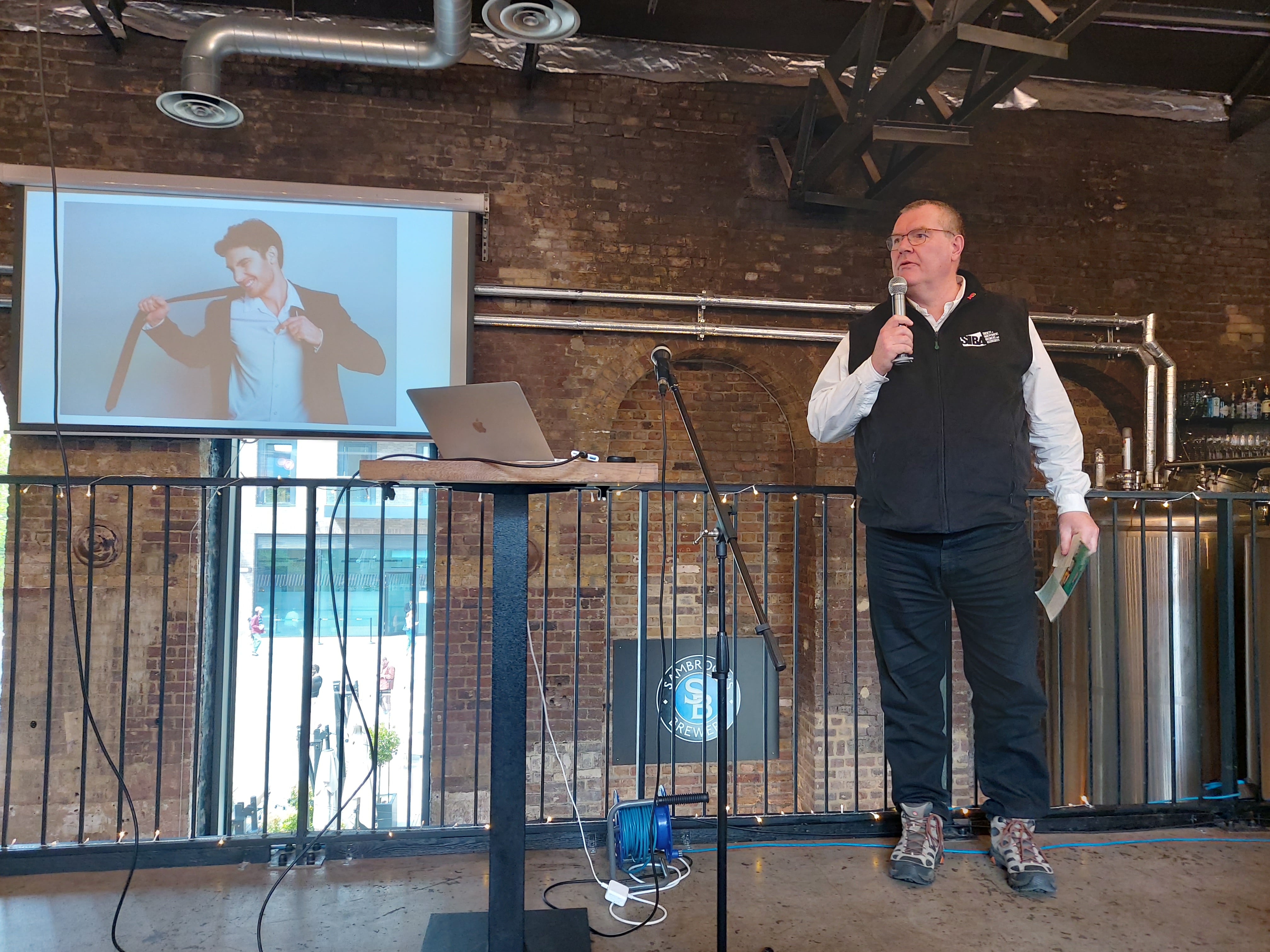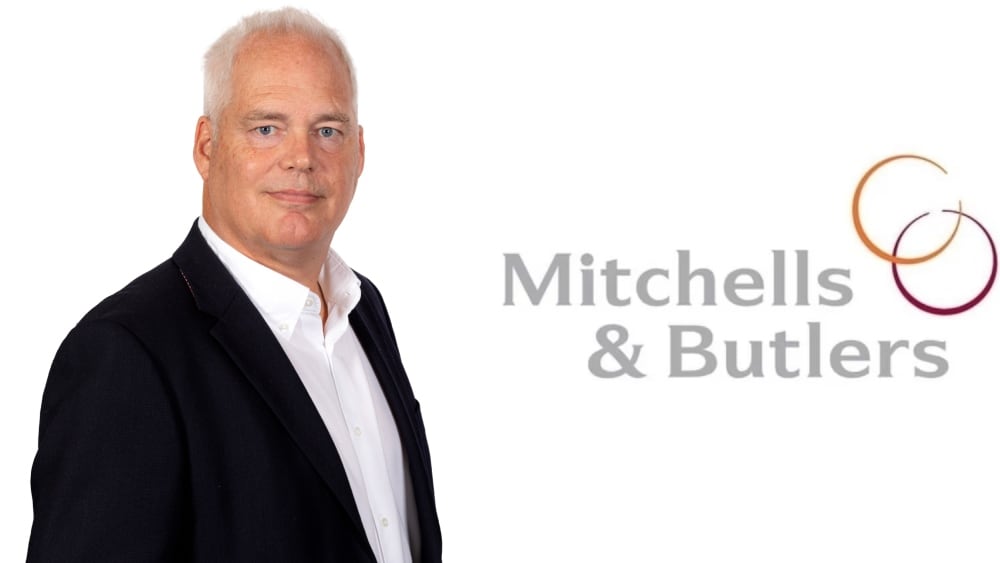This is the clear conclusion of the recently published SIBA Independent Beer Report, commissioned by SIBA using information from a wide range of sources including exclusive YouGov consumer data and detailed commercial returns from our brewing members.
By any measure, demand for independent beer is strong. Average production rose 10% last year and is now firmly back above pre-pandemic levels in a UK beer market that remains resolutely in the doldrums.
SIBA members now run 2,000 pubs bars and taprooms across the UK with 80% of their production being sold to the on-trade – its success is as critical to us as everyone reading this article.
This growth is also deeply rooted in strong consumer demand, for example, according to a YouGov poll, 56% of the population choose beers they believe to be local.
Vibrancy of sector
The vibrancy of our sector is best demonstrated by the fact that 80% of independent brewers now brew stouts and porters, 60% produce a lager and growth in low & no beers is also healthy. All three of these would have been unthinkable even a decade ago.
And let’s not forget the cask beer category that we are sometimes encouraged write off. Demand for this icon of British brewing remains strong for independent cask beer, even if demand for cask beer overall falters.
Generating demand is usually the toughest thing in business but, for independent brewers, realising the full extent of that demand and converting it into profit is the toughest challenge they face.
A few weeks ago in The Morning Advertiser, I linked a £1 per pint extra rise over the post-millennial rate of inflation to the excessive tax burden strangling the hospitality sector. All brewers ask for is a fair deal across society, no matter what their size, we simply don’t get one.
Concerningly, members tell us they couldn’t raise their trade prices last year and, in truth, haven’t been able to do so for a while despite the well-documented cost inflation.
Do the right thing
That’s why we have 100 fewer brewers in the UK than we did a year ago and just under half those who remain cite ‘survival’ as their main priority in the year ahead.
Despite these challenges, I am proud our members seek to do the right thing with nearly half cutting their carbon footprint.
Almost 80% of SIBA members cite fair access to market as their biggest barrier to growth with brewers, on average, saying they are locked out of 60% of local pubs by beer lines permanently allocated to global brewer brands.
No one is suggesting a silver bullet solution to the challenges of pubs and brewers but, remember, this year saw the merger of Britvic (one in three UK soft drinks) with Carlsberg (one in seven UK beers) to create a new Danish-owned drinks giant, born almost without comment from the industry.
The notion that local independent beers are best placed to satisfy local demand in local community pubs strikes me as common sense and significantly less controversial.




